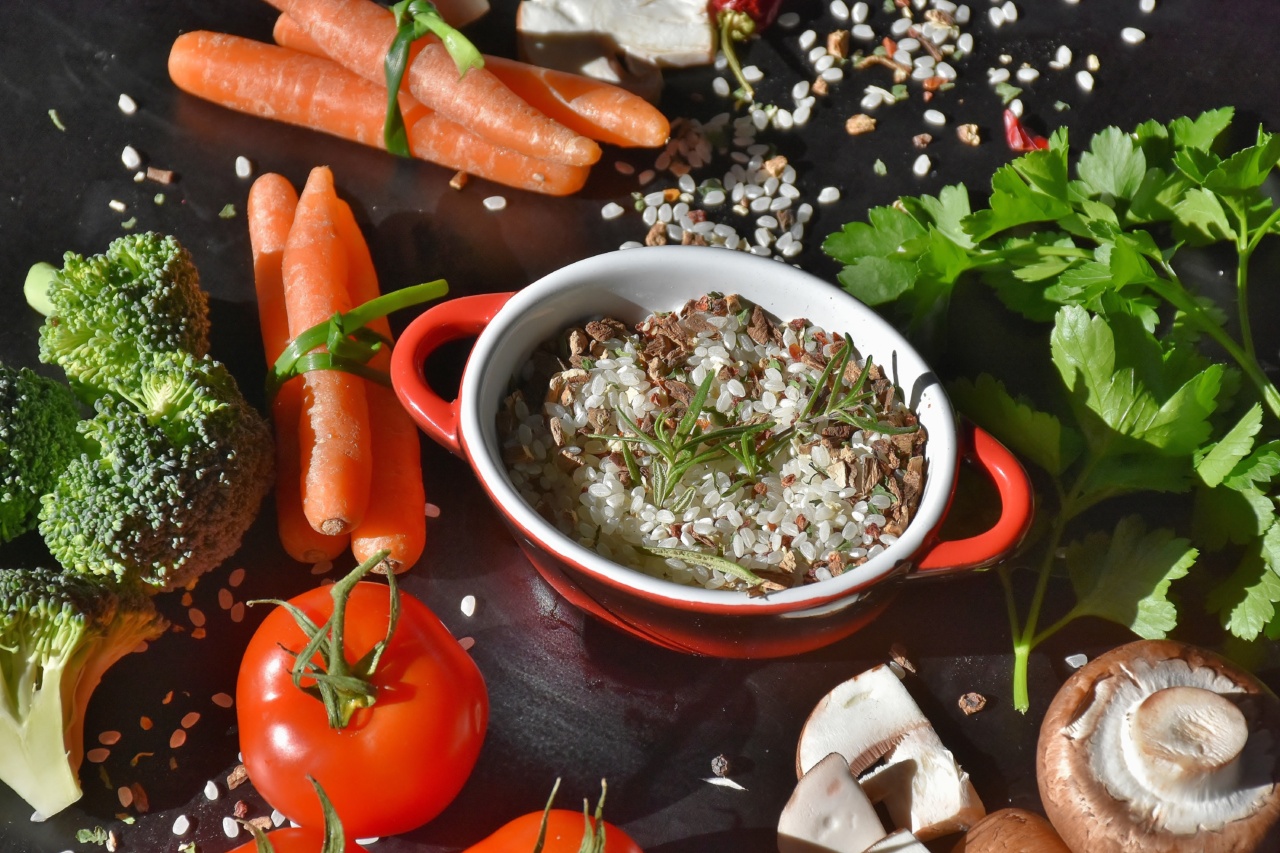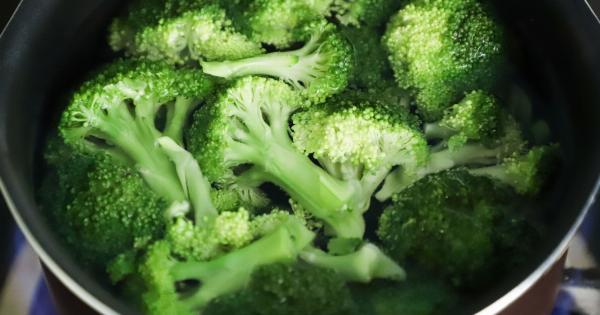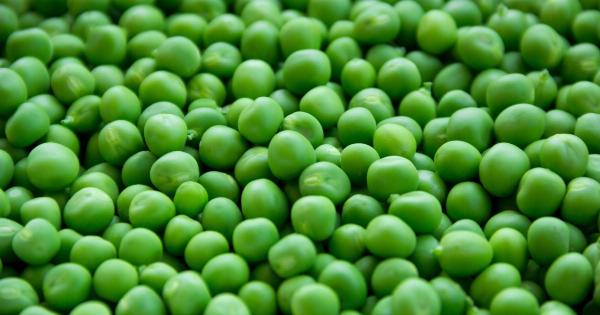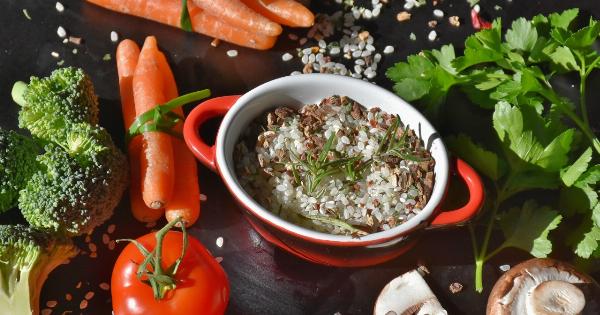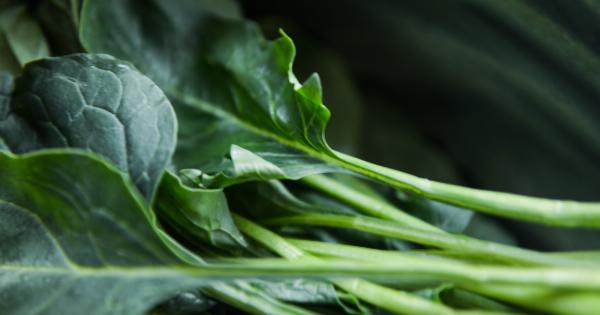Vegetables are an essential part of a healthy diet, providing numerous vitamins, minerals, and fiber that are vital for our overall well-being.
While we all know that vegetables are good for us, the way we prepare and consume them can have a significant impact on their nutritional content and potential health benefits. The debate between eating vegetables raw or cooked has long been a topic of discussion among nutritionists and food enthusiasts.
In this article, we will explore the advantages and disadvantages of both options, so you can make an informed choice for your dietary preferences.
Raw Vegetables
Raw vegetables refer to the consumption of vegetables without undergoing any cooking process. This means eating them in their natural, unaltered state. Let’s delve into some of the benefits and drawbacks of consuming raw vegetables:.
Benefits of Raw Vegetables
1. Higher Nutrient Retention: Raw vegetables are often touted for their higher nutrient content compared to their cooked counterparts. Heat can sometimes cause the loss of water-soluble vitamins like vitamin C and B vitamins.
Eating vegetables raw ensures that these delicate nutrients remain intact.
2. Enzyme Activity: Raw vegetables contain naturally occurring enzymes that aid in digestion. These enzymes are heat-sensitive and can be destroyed through cooking.
Consuming raw vegetables ensures that these enzymes are preserved, enhancing digestion and nutrient absorption.
3. Increased Fiber Intake: Raw vegetables are an excellent source of dietary fiber, which plays a crucial role in maintaining a healthy digestive system.
Consuming raw vegetables can help boost your fiber intake, promoting regular bowel movements and supporting gut health.
Drawbacks of Raw Vegetables
1. Digestive Challenges: Some individuals may have difficulty digesting raw vegetables due to their high fiber content and the presence of certain compounds that can cause bloating or gas.
Cooking vegetables can make them easier to digest for such individuals, enabling them to enjoy the nutritional benefits without discomfort.
2. Nutrient Availability: While raw vegetables may retain higher nutrient levels overall, certain nutrients are more available to the body when cooked.
For example, the antioxidant lycopene found in tomatoes is more easily absorbed by the body when they are cooked.
3. Food Safety Concerns: Raw vegetables may carry a higher risk of foodborne illnesses, such as those caused by bacteria like E. coli or Salmonella.
Proper washing and handling techniques are crucial to minimize these risks, but cooking vegetables can further reduce the chances of foodborne infections.
Cooked Vegetables
Cooked vegetables involve the application of heat through various cooking methods such as boiling, steaming, roasting, or sautéing. Let’s explore the advantages and disadvantages of consuming cooked vegetables:.
Benefits of Cooked Vegetables
1. Enhanced Nutrient Absorption: While some heat-sensitive nutrients may be lost during cooking, other nutrients become more easily absorbed by the body.
For example, cooking vegetables high in beta-carotene, like carrots or sweet potatoes, improves the availability of vitamin A.
2. Improved Digestibility: Cooking breaks down the tough cellular structure of vegetables, making them softer and easier to chew and digest.
This can be particularly beneficial for individuals with sensitive digestive systems or those who struggle with raw vegetables.
3. Food Safety: Cooking vegetables is an effective way to kill harmful bacteria and reduce the risk of foodborne illnesses. Especially when handling leafy greens or vegetables grown close to the ground, cooking can eliminate potential pathogens.
Drawbacks of Cooked Vegetables
1. Nutrient Loss: As mentioned earlier, certain nutrients are heat-sensitive and can be lost through cooking.
Water-soluble vitamins like vitamin C and B vitamins are particularly prone to degradation when exposed to high temperatures or prolonged cooking times.
2. Oxidative Damage: Heat and prolonged cooking times can also lead to the oxidation of some nutrients, which may reduce their overall nutritional value.
Antioxidants such as vitamin C and phytochemicals are susceptible to oxidation, potentially diminishing their beneficial effects.
3. Increased Cooking Time: Cooking vegetables often requires more time and effort compared to consuming them raw. Busy individuals or those with limited cooking skills might find it challenging to incorporate cooked vegetables into their daily diet.
Conclusion
There is no one-size-fits-all answer to the debate between raw and cooked vegetables.
Both methods have their own advantages and drawbacks, and the ideal choice depends on various factors such as personal preference, individual health conditions, and the specific vegetable being consumed. The best approach is to incorporate a variety of both raw and cooked vegetables into your diet to enjoy a balance of nutrient retention and bioavailability.
Whether you prefer a refreshing raw salad or a warm, comforting bowl of cooked veggies, the important thing is to prioritize vegetable consumption in whichever way suits your lifestyle and dietary needs.
